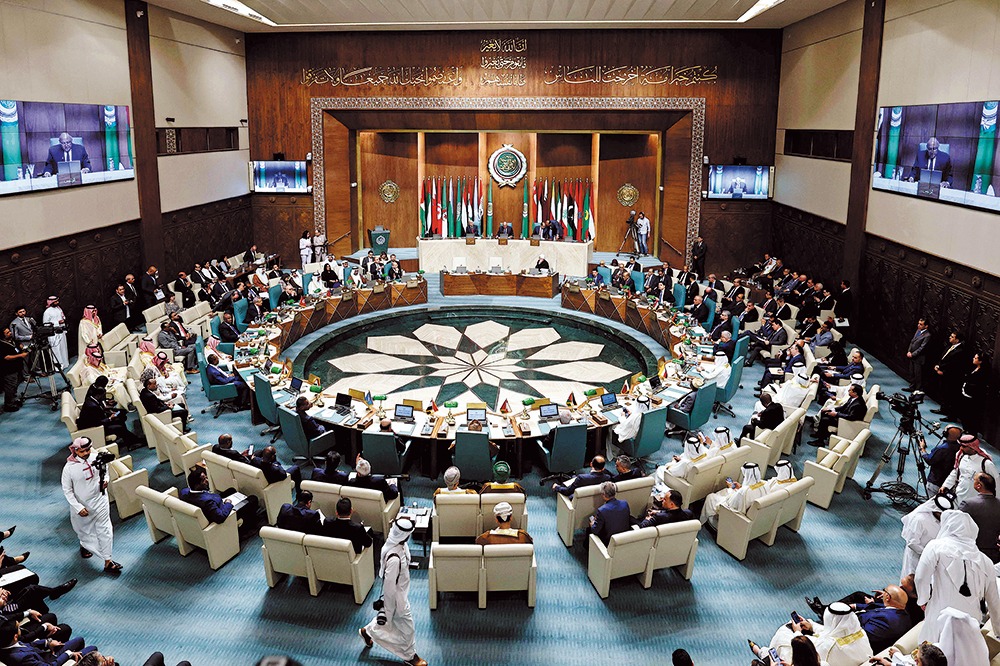EU economy has lost momentum this year
By CHEN YINGQUN | CHINA DAILY | Updated: 2023-11-18 08:51
High inflation, weak external demand have taken heavier toll than expected
The outlook for the European Union's economy remains pessimistic, and effective ways for its recovery seem out of sight, experts said, as domestic and external challenges persist.
The bloc's economy has lost momentum this year against the backdrop of a high cost of living, weak external demand and monetary tightening, according to the European Commission's Autumn Economic Forecast published on Wednesday.
The commission said the EU's real GDP barely grew in the first three quarters of 2023. High inflation, though declining from its peak, and tightening monetary policy took a heavier toll than previously expected, alongside weak external demand.
While economic activity is expected to gradually recover going forward, the commission has downgraded its forecast for economic growth in both the EU and the eurozone this year to 0.6 percent, 0.2 percentage point below the commission's summer forecast.
Next year, the EU's GDP growth is forecast to improve to 1.3 percent. This is still a downward revision of 0.1 percentage point below the summer forecast. In the euro area, GDP growth is projected to be slightly lower at 1.2 percent.
Inflation remains on a downward trend. It is estimated to have declined to 2.9 percent in the euro area in October, from its 10.6 percent peak a year ago. This marks its lowest level since July 2021.
Charles Seville, senior director of economics at Fitch Ratings, said the majority of the fall in the eurozone inflation rate since the October 2022 peak has stemmed from the fall in energy prices following their spike in the third quarter of last year. However, this disinflationary process in energy is coming to an end. Over the past quarter, energy prices have become a source of inflationary pressure again.
Monetary policy
The task of monetary policy now is to help bring down core inflation. It is evident that the European Central Bank's tightening measures are now starting to have an impact on lowering core inflation, although it remains significantly above the target, he said.
He said the eurozone will grow faster in aggregate next year than it did this year, but growth will remain weak. Disinflation will help purchasing power and support consumer demand, which has been flat over the past year. Jobs are still plentiful and unemployment is low. Monetary tightening is however clearly having an impact on credit and investment.
Moreover, structural issues such as low growth in the labor force and the lingering impact of the gas supply and price shock, particularly on Germany, will weigh on potential growth rates in the eurozone, he added.
Chen Fengying, a senior researcher on global economy at the China Institutes of Contemporary International Relations, said the European economy has long faced the problem of structural imbalance, and the lack of innovation capacity and high social security welfare system have also become important factors restricting the economic recovery of the eurozone.
In recent years, the EU has continuously promoted structural reforms and vigorously promoted the transformation of the digital economy and the green economy, but the effect is not obvious. The German economy has also encountered great difficulties, dragging down the pace of European economic recovery, she added.
The German economy is expected to shrink by 0.3 percent this year, as a loss in purchasing power due to high inflation and the tightening of financing conditions are weighing on consumption and investment, the European Commission said on Wednesday.
Chen said Europe's economic recovery has also been affected by geopolitical challenges. The Russia-Ukraine conflict has led to disruptions in global supply chains, rising energy and commodity prices, and volatility in global financial markets, exacerbating the inflation problem in Europe. An escalation in the ongoing Israeli-Palestinian conflict might also push up the price of energy imports into Europe, worsening the already slowing eurozone economy.
Moreover, some EU politicians called to "de-risk" from China and politicize business issues, which also resulted in an economic loss, she added.
chenyingqun@chinadaily.com.cn






















